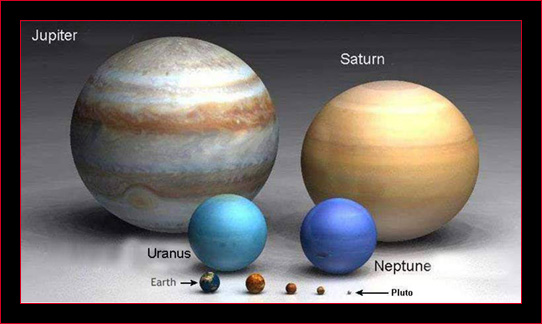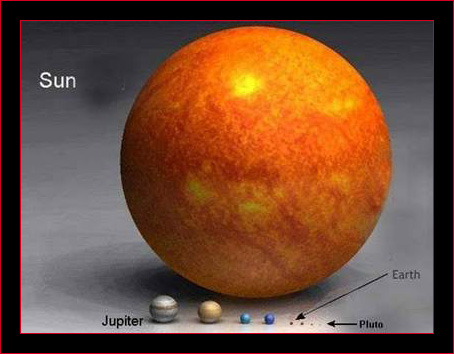 As I read my devotion yesterday from Jesus Calling, it challenged me to walk by faith and not by sight. That is something that our church is challenged with each Sunday as we are about to end the service. So as I read the devotion, I began to think on the word faith. We say it so often. I decided to do a word study on it.
As I read my devotion yesterday from Jesus Calling, it challenged me to walk by faith and not by sight. That is something that our church is challenged with each Sunday as we are about to end the service. So as I read the devotion, I began to think on the word faith. We say it so often. I decided to do a word study on it.American Heritage dictionary says it is a confident belief in the truth, value, or trustworthiness of a person, idea or thing. 2. Belief that doesn't rest on logical proof or material evidence. 3. Loyalty to a person or thing: allegiance 4. a.Belief in and trust in God. b. religious conviction 5. a system of religious beliefs
Then looking at those definitions, I began to wonder about the word believe or belief.
 Belief is the mental act, condition or habit of placing trust or confidence in a person or thing. 2. Mental acceptance of or conviction in the truth or actuality of something. 3. Something believed or accepted as true
Belief is the mental act, condition or habit of placing trust or confidence in a person or thing. 2. Mental acceptance of or conviction in the truth or actuality of something. 3. Something believed or accepted as trueBelieve is to accept as true or real. 2. to credit with veracity.
Websters: faith is belief especially in a revealed religion: trust or reliance ; a system of religious doctrines believed in ; loyalty ; pledged word
Belief in Websters is full acceptance of a thing as true and believe is to regard as true; to trust.
 So as you look at what we are being asked to do, when we are asked to walk by faith and not by sight; we are being asked to trust God even when it looks like all is falling apart. Even when it looks as if you have everything in life going your way, to trust Him and what He says as true.
So as you look at what we are being asked to do, when we are asked to walk by faith and not by sight; we are being asked to trust God even when it looks like all is falling apart. Even when it looks as if you have everything in life going your way, to trust Him and what He says as true.Basically we need to not trust what we see with our eyes. For that which is before us can be misleading whether good or bad.
So if we are going to be people of faith, we need to stand behind what the word says to be true which is what God says is true. It was faith that caused God to count Abraham as righteous. It was doubting God that caused Adam and Eve to be cast out of Eden and into unrighteousness.
We must learn to trust God and all that He says to be able to stand up to all the accusations, temptations and attacks that come from the enemy and our own EVIL DESIRES that cause us to be enticed and dragged away according to James 1:14.













